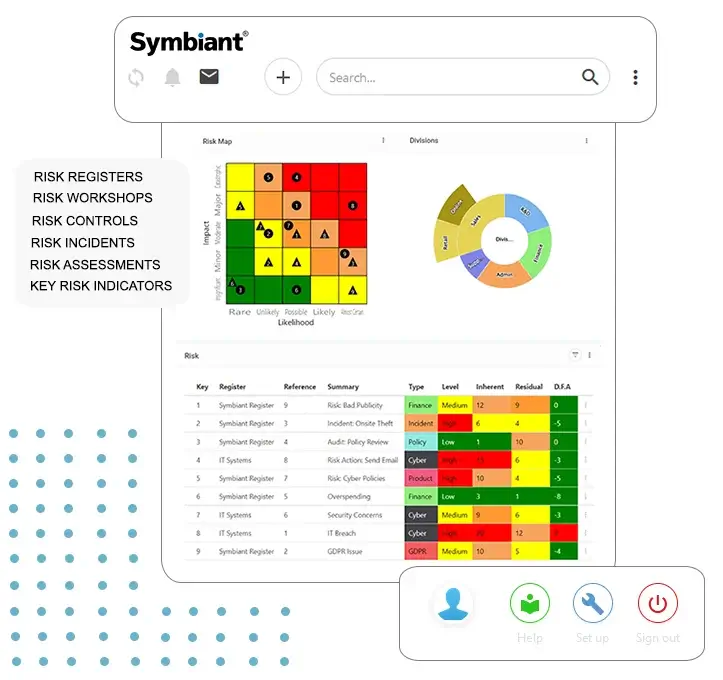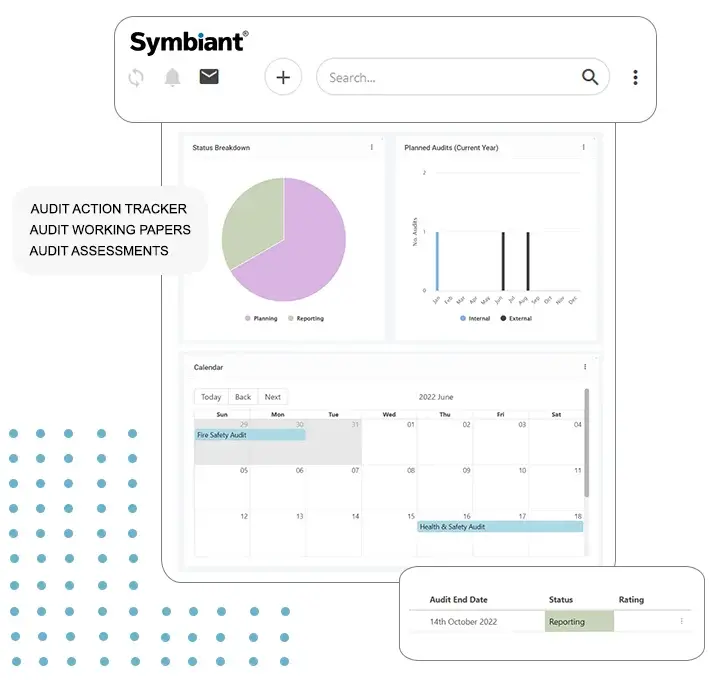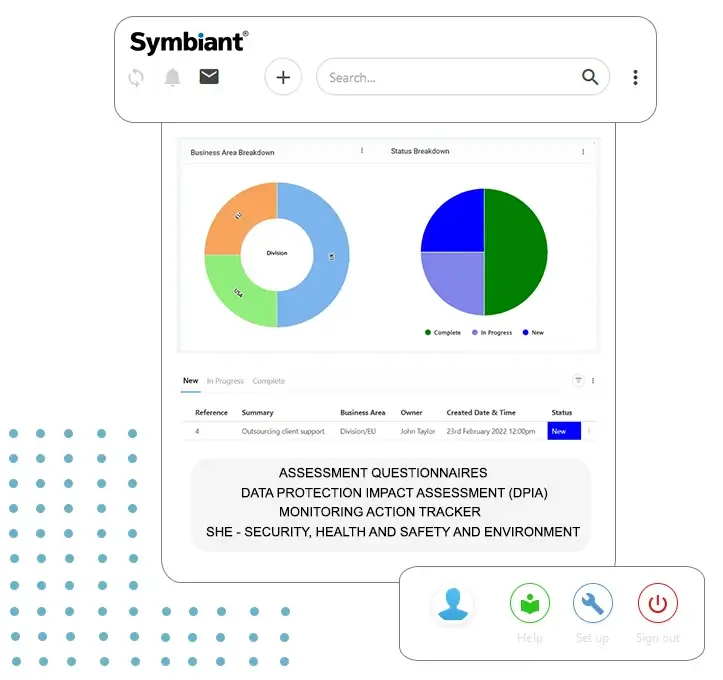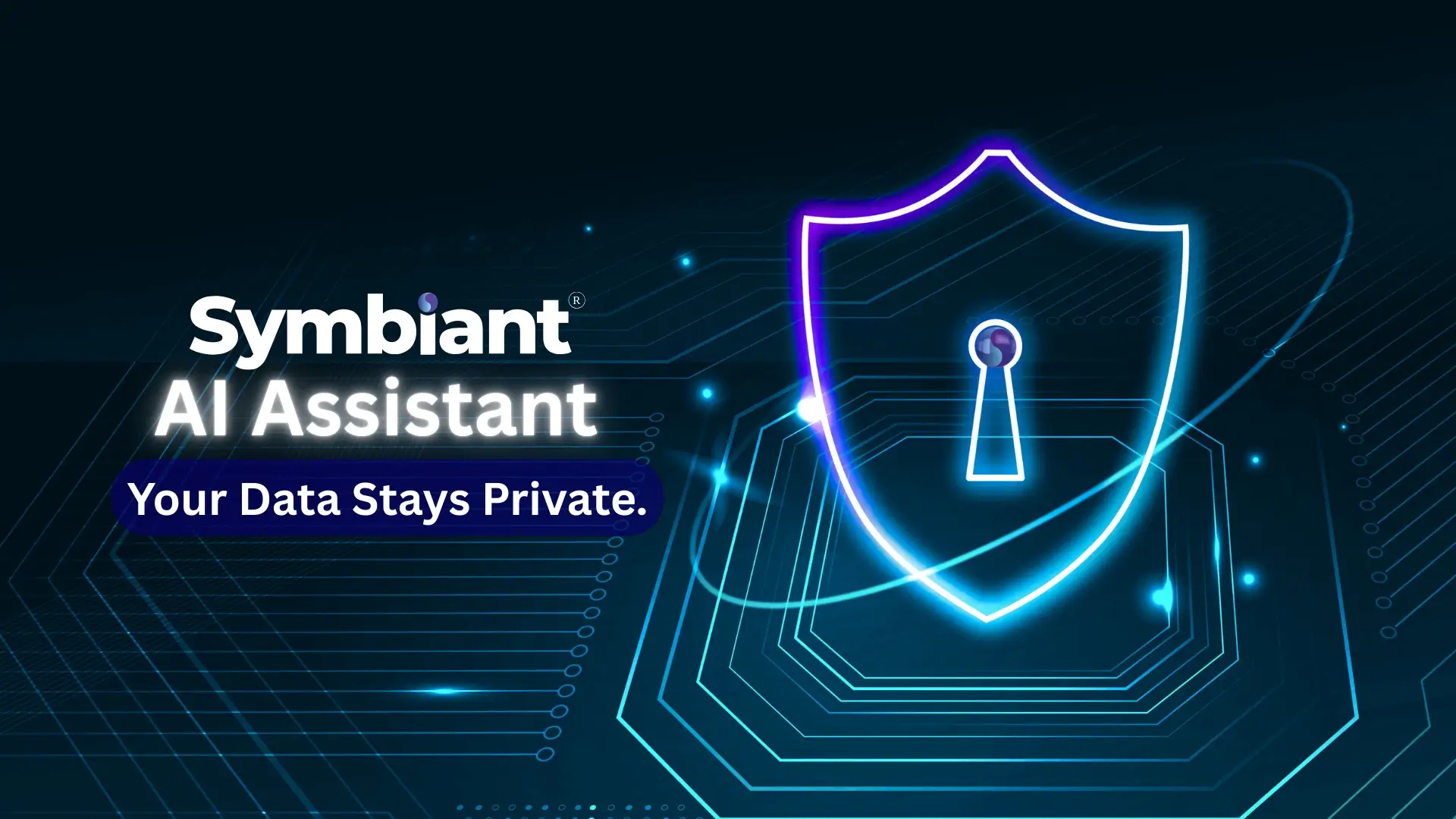What do they mean, and what is the connection?
ESG – Environment, Social and Governance
GRC – Governance, Risk Management and Compliance.
ESG
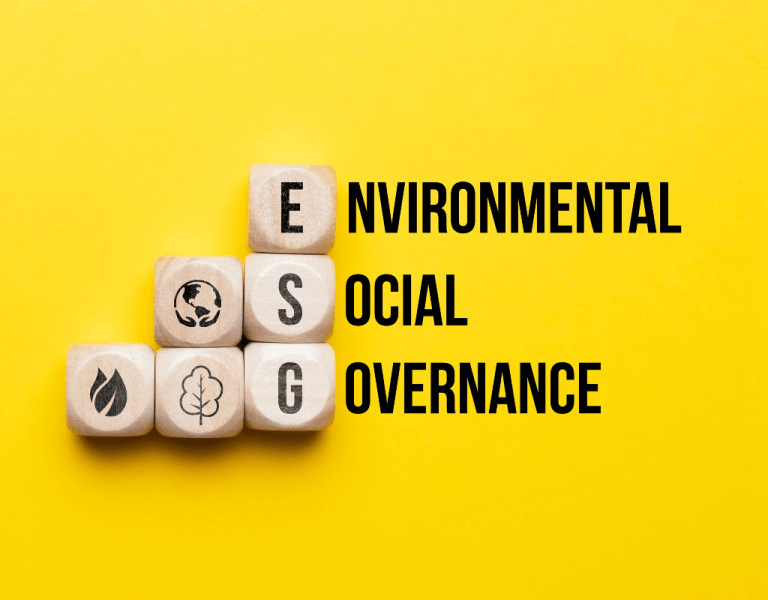
Environment: involves more than just climate change; it also includes how the business deals with carbon emissions and manages its waste. Is your business sustainable in how it acquires its resources?
Social: involves policies surrounding human rights, data protection and privacy, labour standards and more. It also includes how the business interacts with local communities through community relations.
Governance: involves corporate governance, such as anti-bribery and corruption, tax strategies, donations, political lobbying, and more. Controlling corporate governance is done by creating and enforcing internal policies and controls.
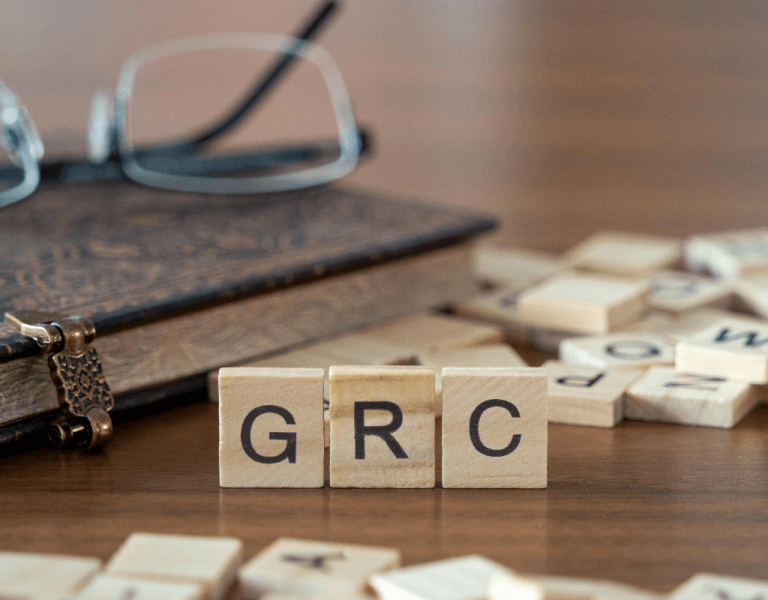
GRC
Governance: corporate governance is covered here, but so is GDPR, board diversity and structure, information disclosures and more. ESG’s Corporate governance is one element of GRC.
Risk Management: involves identifying, managing, mitigating, and reassessing the various risks involved in operating a business. Risk management is a way of managing the positive and negative uncertainties surrounding your business. These risks can include financial, strategic, operational, and workforce risks.
Compliance: involves internal and external controls to ensure your business complies with laws and regulations. Your business code of conduct or ethics can be one method of internal compliance.
The History of ESG
If you are unfamiliar with ESG, you may be more familiar with CSR – Corporate Social Responsibility.
CSR’s primary focus was how the community perceived your business. Many companies, in an attempt to appear more eco-friendly and therefore better in the eyes of their community, made surface-level changes – now referred to as greenwashing.
ESG allows your business to look deeper than that surface level and honestly think about your business’s social and environmental impacts and implement governance to change that.
GRC is one way you can achieve this. A robust GRC system allows you to integrate a top-down approach; ESG-related business objectives and working towards them can give your business a more significant positive impact.
Conclusion
In conclusion, these are two incredibly complex theories we cannot discuss thoroughly in a single post. This is not intended to cover every aspect but rather to touch the surface of these two complicated topics and encourage discussion. ESG and GRC can be very personal topics and vary from company to company and even person to person. Therefore, there will never be a single article to discuss either case thoroughly.
Feel free to share your thoughts and opinions in the comments or follow us on LinkedIn and bring the conversation there.
If you want to learn more about GRC, we have an article discussing it in depth here: What is GRC?
Or you can contact us today using the link in our header or by clicking Here!

